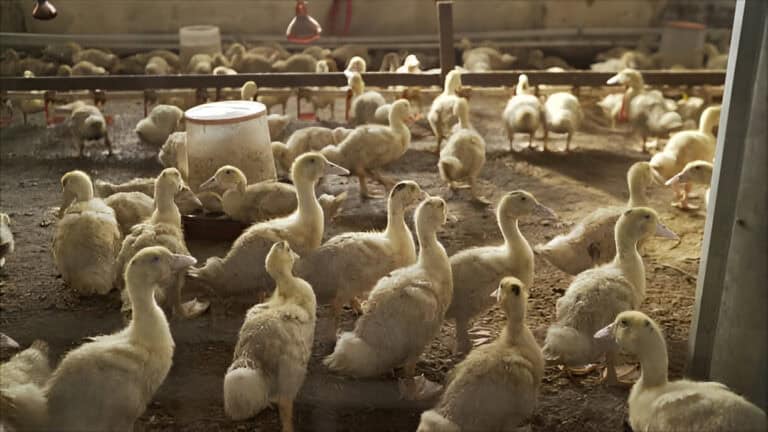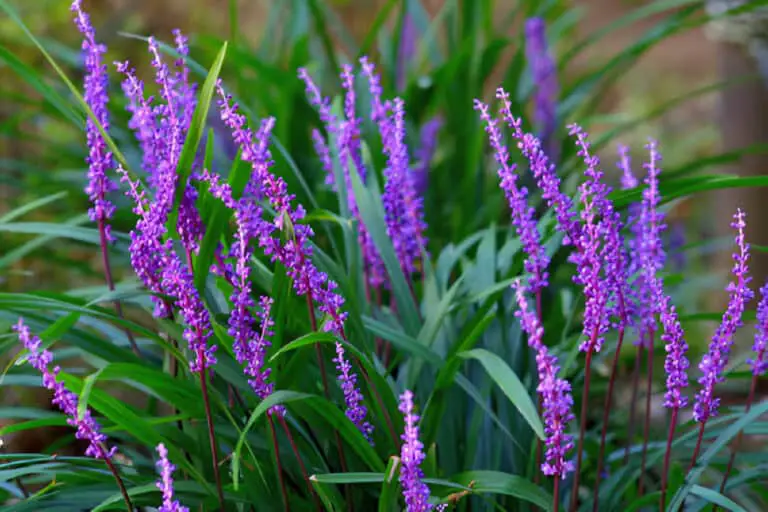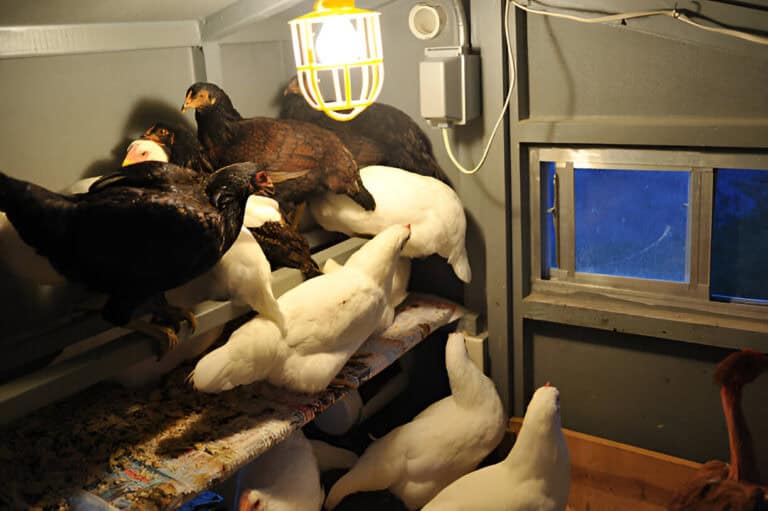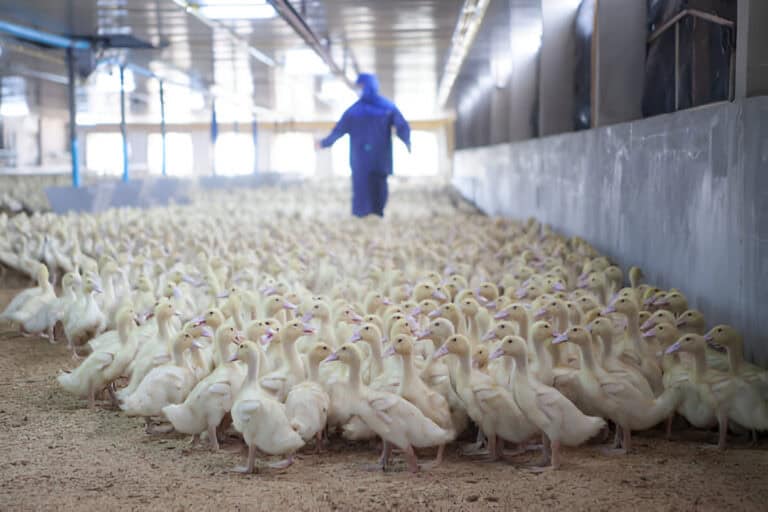Do Ducks Prefer Dirty Water or Should You Keep Their Pond Clean?
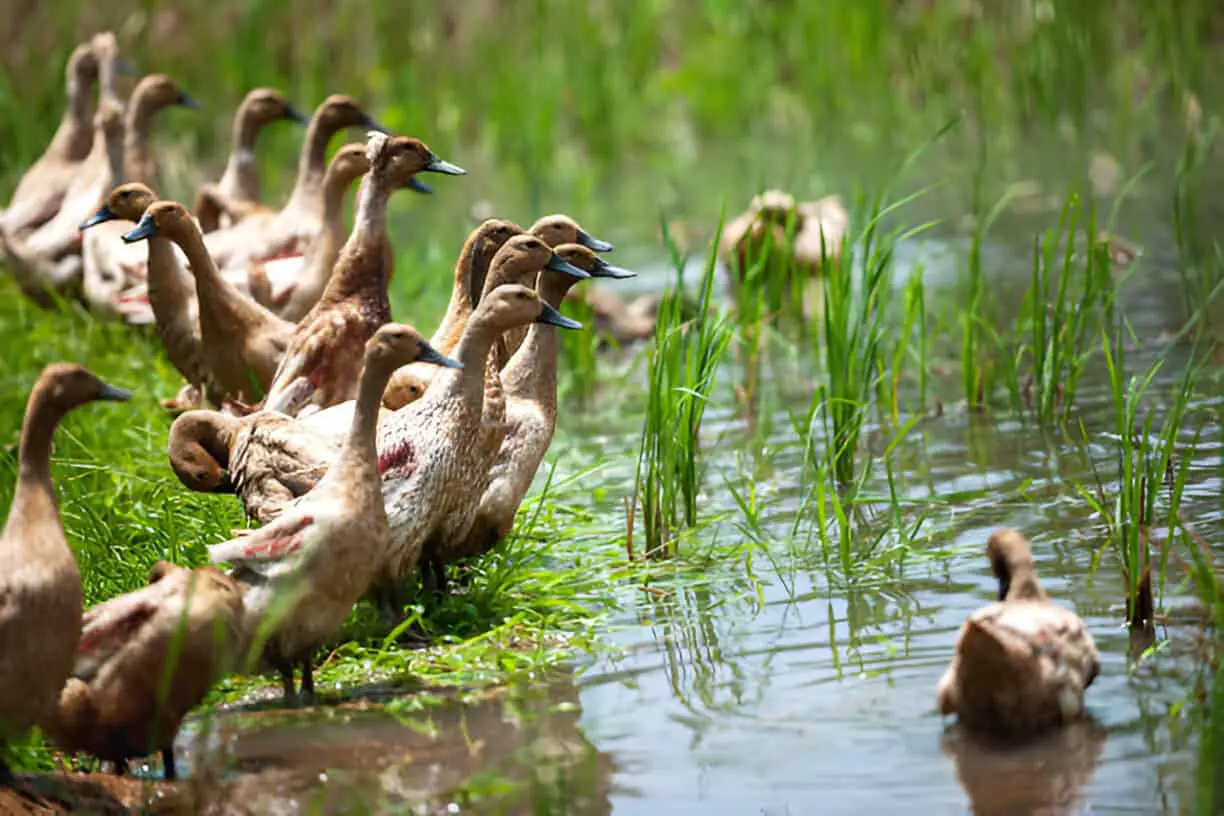
When I first brought home a few ducks, I figured keeping their little pond clean would be a once-a-week chore at most. But within hours, their water turned from crystal clear to something that looked like a swamp in miniature. Still, they seemed to love it—splashing, preening, even sipping it like it was the finest spring water. I started wondering: maybe ducks really do prefer dirty water?
But is that murky mess actually healthy for them? Could all that filth lead to problems down the line—disease, parasites, or poor feather health? If you’ve ever stared into your duck pool and thought, Am I doing this right?, you’re definitely not alone.
In this post, I’ll break down whether ducks truly thrive in dirty water or just tolerate it, how water quality affects their health, and what you should be doing to keep them happy and clean. Let’s dive in—mud and all.
The Truth About Ducks and Dirty Water
If you’ve ever seen ducks swimming in a pond, it’s hard not to notice that they seem perfectly content paddling around in muddy, murky water. You might think, “Hey, they look happy, so they must prefer it like this.” But here’s the thing: ducks might seem to enjoy it, but that doesn’t necessarily mean it’s good for them.
Ducks are naturally drawn to water. It’s instinctive. But just because they love splashing around doesn’t mean they want to be swimming in a cesspool. The truth is, ducks don’t “prefer” dirty water. It’s just that they’re extremely adaptable creatures. They will make do with whatever environment you provide. However, that doesn’t mean it’s the healthiest choice for them.
Why Clean Water is Better for Ducks
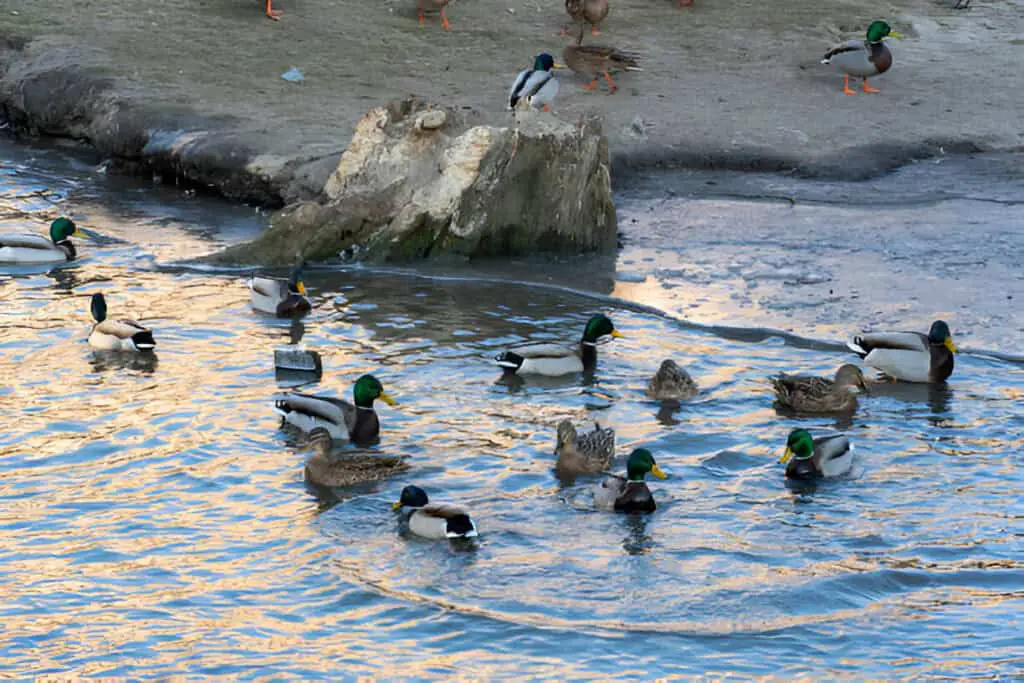
Keeping your ducks’ water clean is vital for their health. Dirty water can quickly become a breeding ground for bacteria and parasites that can lead to infections. Let’s break down some reasons why clean water is essential:
1. Prevents Illness
Ducks can be susceptible to a variety of waterborne diseases, including parasites like Giardia and bacteria like E. coli. Dirty water increases the risk of them ingesting harmful microorganisms that can cause everything from digestive upset to respiratory issues. Regularly changing the water and keeping it clean helps keep those risks at bay.
2. Better for Feather Health
Ducks use water not just to drink but also to clean themselves. They preen their feathers, keeping them waterproof and in good condition. When water is too dirty, it can leave residue on their feathers, making them less effective at keeping themselves dry. Clean water helps them maintain their feathers, preventing oil buildup that can hinder their natural waterproofing.
3. Reduced Stress
Ducks are happier when they feel comfortable in their environment. When they’re constantly surrounded by dirty water, they might experience more stress or frustration, especially if they can’t fully enjoy their swimming sessions. Clean water means less stress and a more content, healthy duck.
How Dirty Water Can Affect Ducks
Now, you might be wondering, “What happens if I let the water get a little dirty?” Well, a little muck here and there isn’t the end of the world, but prolonged exposure to filthy water can cause significant health issues. Ducks that swim in water that’s full of algae, feces, and stagnant conditions can develop skin infections, eye problems, and even respiratory illnesses. It can also make them more vulnerable to parasites like lice or mites, which thrive in dirty conditions.
When ducks drink contaminated water, they might ingest harmful bacteria that could lead to digestive problems, lethargy, and worse. If the water becomes really foul, they might stop drinking altogether, which is a serious concern for their overall health.
How to Keep Your Duck Pond Clean
Now that we know the importance of clean water, the next question is: How do we make sure the pond stays that way? Luckily, there are several things you can do to maintain a healthy environment for your ducks.
1. Provide a Filtration System
Investing in a filtration system for your duck pond can make a world of difference. A good filter will keep the water flowing and help remove debris and waste before it becomes a problem. There are several pond filters designed specifically for ducks, so make sure to choose one that can handle their messier habits.
2. Add Plants for Filtration
Plants are a natural way to help clean water. Aquatic plants like lilies, cattails, and duckweed can absorb excess nutrients and help prevent algae from blooming. Some plants also act as a natural filter by trapping sediment and waste.
3. Clean the Pond Regularly
Even with a filtration system, ponds need regular cleaning. Make sure to remove any solid waste, fallen leaves, or debris that might accumulate on the pond’s surface. You can use a net or pond vacuum to clean the bottom and edges of the pond.
4. Change the Water Periodically
While it’s not always feasible to change the water entirely every day, you should aim to refresh the water every few days, especially in the warmer months when bacteria and algae thrive. In winter, you might not need to change the water as often, but ensure it doesn’t freeze over or become stagnant.
5. Maintain the Surroundings
Keeping the area around your pond clean is just as important. Make sure to pick up any excess food, duck waste, or other debris from around the pond. The cleaner the surrounding environment, the less debris will end up in the water.
| Read on: Why A Duck Keeps Opening Its Mouth? |
Do Ducks Need a Pond, or is a Kiddie Pool Enough?
Now, this is a common question for those of us who don’t have a large, natural pond. Ducks don’t necessarily need a massive pond to thrive. A kiddie pool or a small, clean water source will work just fine. In fact, many homesteaders and urban duck keepers use small plastic pools, and the ducks are perfectly content as long as the water is fresh and accessible.
If you’re worried about space or resources, don’t stress too much. A well-maintained kiddie pool or a large container of fresh water can provide all the joy and exercise your ducks need. Just make sure to change the water regularly and clean it, so it doesn’t become a toxic soup.
The Takeaway: Clean Water is Essential
So, do ducks prefer dirty water? Not really. While they’re adaptable creatures, keeping their water clean is key to their health, happiness, and well-being. Clean water prevents illness, supports their feather care, and keeps them from stressing out. It’s all about finding the balance between providing a fun, natural environment for them to enjoy and ensuring that the water remains safe and sanitary.
Remember, ducks are not picky—they’ll swim in whatever you give them. But as their caretaker, it’s your job to make sure what you provide supports their health in the long run. Clean water means happy, healthy ducks. And in the end, isn’t that what we all want for our feathered friends?

